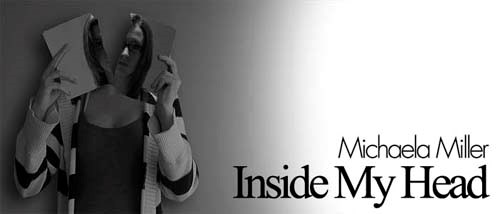Everyone enjoys the nostalgia from reminiscing over songs of the past. They remind us of a time when we were free of responsibility, when we cried our eyes dry over jerks that stood us up, or when we took a lengthy road trip with a few good friends. Music used to express the full range of human emotion, with different artists and bands that appealed to individual feelings. It’s amazing to me that even with our expanded population and advanced technology, we cannot make any more worthwhile music.
Who isn’t familiar with Bohemian Rhapsody? If they don’t know the lyrics word for word, they surely know the inflection and bounce of the song. Let’s generalize the rest of the songs in this time period. Each one of the songs during the eighties dealt with a different aspect of the human experience, and put their words to a unique sound. The only similarity between all of them was the synthesizer; popular at the time. I was born in the nineties, and while I will always love the songs I grew up with, I have an affinity to all songs made before my time, simply because they meant something. A musical artist was one who took the basic principles of songwriting and performing to new heights, much like artists and writers do. Symbolism and motifs became an important aspect of songs, especially when music videos entered the scene; they were carried through to the screen. Artists were taken to new heights of fame, and fans would gather together in celebration of music and thought. Years later in 2016 and it seems we have gone back in time.
Music has taken a turn for the worse. Now it is as if a machine is cranking out songs, with “musical artists” as simple puppets to promote a brand. The machine is permutation-based; that is to say it has a maximum capacity of four chords, so the machine cranks out songs with different variations of those same four chords. Not only do the songs sound the exact same, but the lyrics are always the same. Gone are the days when songs were written in beautiful verse that one thought on before concluding the meaning.
Listen to any pop song now, and I can guarantee you are going to hear about shaking your butt, doing drugs or having intercourse. Not only that, but sung in the most blunt way possible it makes you sick. People enjoy these songs to the point where they gather together like cults, worshipping their god/goddess online, and preparing events to celebrate album drops and new singles. This is fame now. Rihanna is a perfect example. Let’s take her latest single, “Work” and analyze it. Well, there’s not much to analyze actually. The entire chorus consists of, “work work work work work work,” and a few other repeated words that I cannot make out due to laziness of tongue. Let’s look back a previous single of hers, “Diamonds.” She repeats the phrase, “Shine bright like a diamond” so many times you begin to hate all things that reflect light. I understand that repetition is the best way for an audience to remember a point, such as slogans, but there is no great underlying point in these songs. They are worthless filler, meant to ensnare simple minds.
Part of the reason I think music has gone downhill is that advertising is involved with artists now more than ever. Once an artist comes out with an album, they need to create events that promote the album, they need to have their face on cheap trinkets, and they need to have a fragrance. While advertising is important for the exposure and success of music, it should not be the driving force. We love the artist because we love what they sing about, and how they sound, not because we love the scent of a perfume or love detailed figurines. It is similar to a newspaper. We like newspapers because of the content. The advertising is nice to have, but if advertising overshadows the content, it’s not a newspaper anymore. It’s a flyer. In this way, music is a product now; a flyer to be perused. Artists are an advertisement, meant to be consumed instead of respected.




